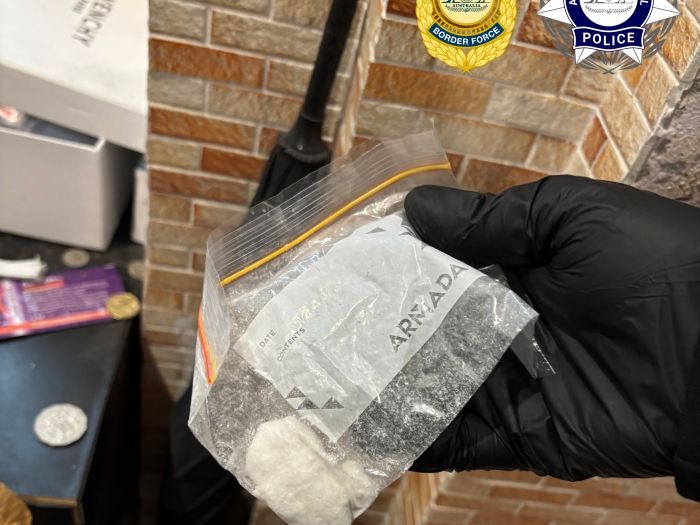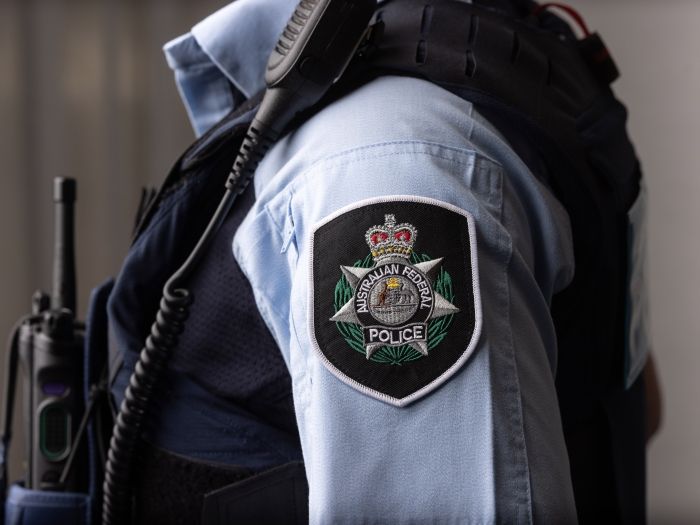CACT restrains $1.2 billion in criminal assets
This is a joint media release between Australian Federal Police, Australian Taxation Office, AUSTRAC and Australian Border Force
Editor's note: Images from CACT seizures are available via Hightail.
The AFP-led Criminal Assets Confiscation Taskforce (CACT) restrained over $110 million in assets over the last year, bringing the total tally to $1.2 billion in criminal assets in the last five years.
The AFP has a two-pronged strategy to target criminal syndicates. The first is to initiate a criminal prosecution. The second is focussed on restraining and confiscating assets purchased with tainted funds, which continues to land a significant blow to organised crime in Australia.
In one operation the AFP restrained waterfront properties, a high-rise unit, cash, cryptocurrency, and funds held in bank accounts following a money laundering investigation on the Gold Coast.
The CACT applied to restrain the assets, worth an estimated combined value of $15.6 million, under the Proceeds of Crime Act 2002 (Cth) in the District Court of Queensland on 26 July, 2024.
The assets include seven Queensland properties worth an estimated $12.96 million, cryptocurrency worth an estimated $514,000, $1.95 million in cash, and approximately $118,000 held in bank accounts.
CACT members in the AFP's Southern Command obtained the forfeiture of a $3.9 million house and $170,000 in cash as part of a money laundering matter. The house that was restrained was under construction at the time, demonstrating the AFP's capability of restraining incomplete properties as well as established ones.
The AFP also restrained $780,000 in cryptocurrency following an investigation into the attempted illegal importation and trafficking of firearms into Australia. Several Glock semi-automatic pistols were paid for using a form of cryptocurrency, which were restrained by the CACT and then forfeited in February this year.
The CACT has restrained almost $2 billion in criminal assets since it was established in 2012, targeting the alleged illicit wealth of some of the most notorious and significant criminals in Australia.
The Commonwealth's proceeds of crime laws allow the CACT to restrain both proceeds and instruments of crime based on a civil standard of proof, as well as obtain financial penalty and unexplained wealth orders – regardless of whether there is a related criminal prosecution or investigation.
Commonwealth proceeds of crime laws also provide the CACT with strong information gathering and coercive examination powers, and an ability to restrain the assets of criminal groups without their prior knowledge.
AFP Acting Commander Scott Raven said a critical strategy in the fight against organised crime was targeting criminal's illicit wealth to prevent them from using it to fund further illegal activities.
"While asset restraints often focus on proceeds from money laundering and drug trafficking, they also extend to crimes like child exploitation, human trafficking, cybercrime, technology-enabled scams, fraud and national security," Acting Commander Raven said.
"While we have already surpassed AFP Commissioner Reece Kershaw's initial target of restraining $600 million in criminal assets, the CACT's ambitions remain far-reaching. With our expert, nationwide teams – comprising police, financial investigators, forensic accountants, litigators and partner agency specialists – we will relentlessly pursue and seize the assets of those who try to operate outside the law."
The CACT brings together the resources and expertise of the AFP, the Australian Criminal Intelligence Commission (ACIC), Australian Taxation Office (ATO), AUSTRAC and Australian Border Force (ABF).
ATO Deputy Commissioner John Ford said these results highlighted the benefits of interagency taskforces.
"This is a clear example of how information sharing and co-operation between agencies can achieve significant results," Mr Ford said.
"The ATO will continue to support our partner agencies to ensure these criminals are held to account."
AUSTRAC's National Manager for Law Enforcement and Industry, Mr Jon Brewer, said these results highlighted the importance of close collaboration and what can be achieved by working together.
"As Australia's financial intelligence unit, AUSTRAC's specialist analysts have the unique skills to follow the money and help our partners find and stop these syndicates," Mr Brewer said.
"We are proud that our financial intelligence has directly led to some of these confiscations and prosecutions. By working together with partners in the CACT we are helping to take the financial incentives away from these crimes."
ABF Commander Customs Enforcement, John Taylor, said the outcomes highlighted the impressive results that were possible when all levels of law enforcement work together to fight back against serious criminality.
"These results send a strong message to those engaged in criminal matters. There is no chance of operating with impunity. You can expect to have your illegal activity detected and to face the full legal consequences, including the seizing of criminal assets," Commander Taylor said.
"The ABF is looking forward to a busy 2025, with further joint activity in this space as we work in lockstep with our partners within the Criminal Assets Confiscation Taskforce."
While the CACT litigates matters in the courts, restrained assets are managed on behalf of the Commonwealth by the Australian Financial Security Authority (AFSA). At the conclusion of successful legal proceedings, confiscated assets are then liquidated by AFSA, with the proceeds placed in the Commonwealth Confiscated Assets Account (CAA).
Funds in the CAA are then redistributed by the Attorney-General into many and varied crime prevention and law enforcement related measures, including those dealing with child protection, online child safety, illicit drugs and community safety programs.





